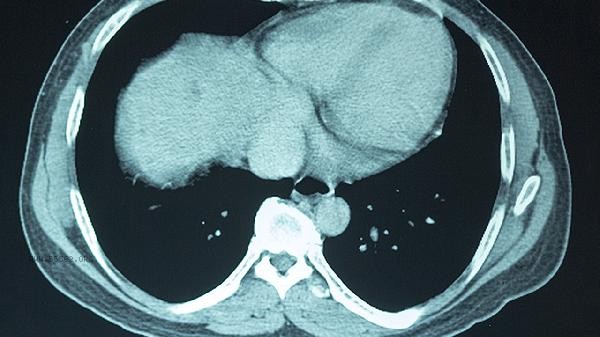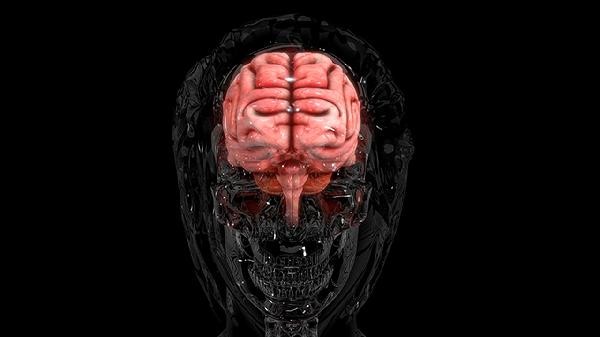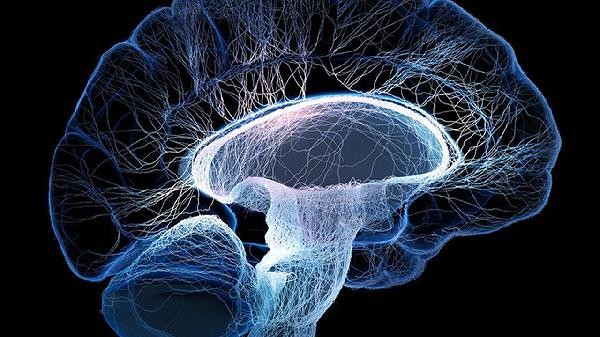The brain constantly being in a state of distraction and self laughing may be caused by psychological factors, neurological abnormalities, medication side effects, mental disorders, or stress reactions. This type of manifestation needs to be judged comprehensively based on specific situations and accompanying symptoms, and may be related to attention deficit, early symptoms of schizophrenia, epileptic seizures, or simple psychological cathartic behavior.

1. Psychological factors
Long term stress or anxiety may cause the brain to release emotions through distraction and self talk. Some people may unconsciously whisper to themselves while thinking, which is a normal psychological regulation mechanism. It is recommended to relieve stress through mindfulness training and regular sleep patterns. If accompanied by low mood or social disorders, psychological intervention is needed.
2. Neurological abnormalities
Temporal lobe epilepsy or frontal lobe dysfunction may present with similar symptoms, usually accompanied by blurred consciousness or limb twitching. Electroencephalogram examination can differentiate, and treatment requires the use of antiepileptic drugs such as sodium valproate and levetiracetam. This type of situation requires a neurological examination to rule out organic diseases.
3. Drug side effects
Some antidepressants and sedatives may cause attention deficit and abnormal speech behavior. If drugs such as paroxetine and quetiapine need to be adjusted in dosage, patients should not stop taking them on their own and should switch to alternative options such as mirtazapine and sertraline under the guidance of a doctor.

4. Mental disorders
Early schizophrenia often presents positive symptoms such as self talk and self laughter, often accompanied by delusions or hallucinations. Use antipsychotic drugs such as olanzapine and risperidone after psychiatric evaluation. Similar symptoms may also occur during the manic phase of bipolar disorder and require treatment with mood stabilizers.
5. Stress response
The brief distraction that occurs after high-intensity mental labor belongs to physiological compensation, but its persistence may develop into adaptive disorders. It is recommended to use the tomato working method to regulate concentration, combined with aerobic exercise to promote dopamine secretion. If necessary, short-term use of Anshen Bu Brain Fluid can assist in regulation.

It is necessary to observe the frequency and scene of symptoms in daily life, and record the triggering factors to help doctors identify them. Maintain 7 hours of sleep and moderate social activity every day, and reduce caffeine intake. If the symptoms persist for more than two weeks or affect work and life, it is recommended to seek professional evaluation from a cardiology or neurology department as soon as possible to avoid self administering sedatives. Regularly engage in relaxation training such as yoga and meditation, while checking for a family history of mental illness.







Comments (0)
Leave a Comment
No comments yet
Be the first to share your thoughts!